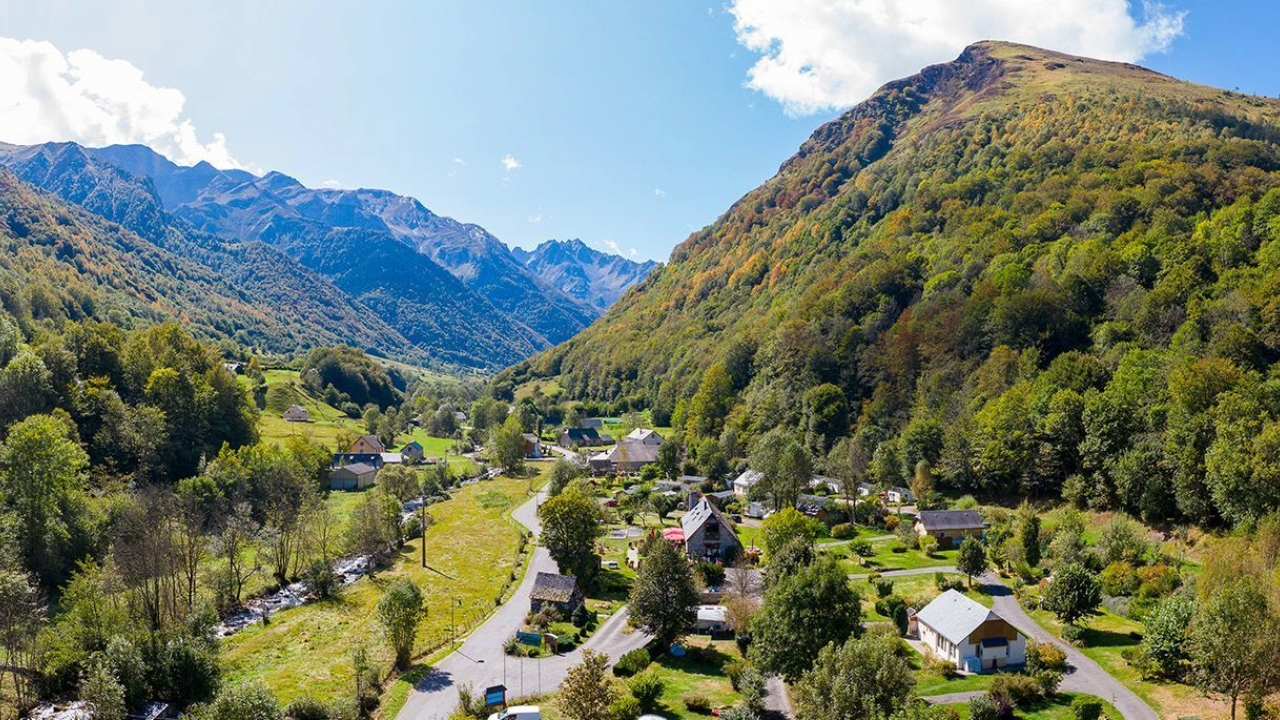Camping in the wild is a great way to reconnect with the natural environment, escape from routine and enjoy moments of tranquility and adventure. However, to ensure that the experience is enjoyable and free from unforeseen events, it is essential to be well prepared. Planning, adequate equipment and knowledge of camping practices are essential to avoid setbacks and make the most of contact with nature. In this guide, you will find useful tips to plan your next camping trip successfully and safely, including choosing a location, essential items, setting up a tent, food care and safety tips.
1. Choosing the Ideal Location
Choosing a location is the first step to ensuring a pleasant camping experience. Not all places are ideal for pitching a tent and spending the night. Consider the following guidelines when choosing a location:
- Research the area: Check information about the climate, relief and possible natural hazards, such as floods and landslides.
- Choose authorized camping areas: National parks, forest reserves and designated camping areas generally have minimal infrastructure and security.
- Avoid areas near rivers and hillsides: Blowing up your tent in the middle of the night because of a flash flood or being caught in a landslide are avoidable risks.
- Find flat ground: This will ensure a more comfortable night's sleep and prevent you from sliding out of your sleeping bag.
2. Essential Equipment
Bringing the right gear can make all the difference between a comfortable camping trip and a disaster. Check out the items you can't leave out of your backpack:
- Quality tent: Choose a tent that is suitable for the weather and the number of people. Check that it is waterproof and that all parts, such as pegs and poles, are intact before heading out.
- Sleeping bags: Choose a sleeping bag that can withstand the minimum temperature of the location. In colder areas, choose a model with thermal insulation.
- Thermal insulation or inflatable mattress: Ensures comfort and protects against soil moisture.
- Extra flashlights and batteries: Headlamps are a handy way to keep your hands free. Always carry spare batteries.
- Multifunctional pocket knife: Useful for cutting food, preparing firewood and other tasks.
- Portable stove: Essential for preparing meals. Don't forget the fuel!
- Water filter: If you are camping far from reliable water sources, a portable filter is essential to avoid contamination.
3. Food Care
Preparing and storing food properly is crucial to ensuring your health while camping. Some practical tips include:
- Plan the menu in advance: Choose foods that are easy to transport and prepare, such as freeze-dried foods, canned foods, and cereal bars.
- Use airtight containers: Store food in containers that prevent insects and small animals from entering.
- Respect the local rules: In some parks and reserves, it is forbidden to make campfires. In these cases, opt for portable stoves.
- Bring a portable trash can: Never leave trash on site. Bring sturdy trash bags to store waste and dispose of it properly.
4. Tent Assembly and Care
Setting up your tent correctly is essential to ensuring a peaceful and safe night's sleep. Follow these tips to ensure stability and comfort:
- Choose the right land: Look for a flat place free of rocks and roots. Avoid areas with steep slopes.
- Set up the tent before dark: This allows you to better identify the terrain and avoid unexpected situations in the dark.
- Stretch the flysheet well: Make sure the tent fly is well tensioned to prevent water and wind build-up.
- Protect the soil: Use a tarp to protect the tent base from moisture and wear.
5. Safety Tips
Safety is one of the most important factors when camping, especially in more isolated areas. Follow these practices to minimize risks:
- Find out about the local fauna: Discover the animals that inhabit the region and learn how to avoid unwanted encounters.
- Use repellents and appropriate clothing: Protect yourself from insects and parasites by using repellents, long-sleeved clothing and pants.
- Bring a first aid kit: Bandages, painkillers, antiseptics and ointments for bites are essential.
- Communicate your location: Inform friends or family about your camping destination and duration.
- Keep food out of the tent: To avoid attracting animals, store food and garbage outside the resting area and in appropriate containers.
6. Activities and Entertainment
In addition to all the planning and safety, it is also important to consider activities to enjoy time outdoors:
- Trails and walks: Check out nearby trails and plan outings. Hiking is a great way to explore the area.
- Fishing and animal watching: If the area allows, bring fishing equipment and binoculars to observe the local fauna.
- Games and relaxation: Bring books, cards, or light board games to enjoy your free time.
Final Tips to Make the Most of It
- Check the weather forecast: Never go camping without checking the forecast. Adverse weather conditions can be dangerous.
- Respect the environment: Follow the “leave no trace” rule. Pick up all trash and respect the local fauna and flora.
- Have an emergency plan: Find out where the nearest support points are and how to call for help if necessary.
Camping is one of the best ways to experience nature in a direct and immersive way. With these tips, you will be better prepared to set up your camp, cook, protect yourself and, above all, enjoy the experience in a safe and fun way.


